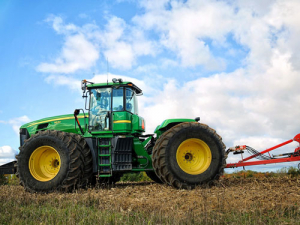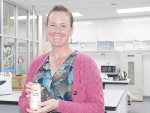WorkSafe is warning employers that fatigue from long hours of work must not compromise worker safety.
“Getting the job done is important, but not if the hours required to do it put workers at risk of injury or death,” says WorkSafe deputy general manager, investigations and specialist services, Simon Humphries.
His comments follow the sentencing of agricultural contractor Micheal Vining Contracting Limited in Huntly District Court.
The company was fined $10,000 and ordered to pay $80,000 reparation plus $2656 in court costs.
In October 2016, a worker for the company had been assisting with harvesting operations on a farm in Pukekawa. He logged a 16.75 hour day before departing the farm, taking a tractor home in preparation for the next day’s work. At 2.45am he crashed the tractor and died as a result of injuries sustained during the accident.
WorkSafe’s investigation found that the worker had worked 197.25 hours in the two weeks leading up to the incident. Fatigue was identified as the most likely cause of the accident. The worker was also not wearing a seatbelt.
The company had a health and safety document prepared for them in January 2016. It identified fatigue as a high rating hazard and outlined management steps including the monitoring of work hours and break times.
“This document had not been reviewed or implemented,” Humphries says. “The warning was there and the company did nothing about it”.
“Seasonal work and tasks like harvest can put a huge amount of pressure on everyone involved. Managing the risks is essential. The life, health and wellbeing of your workers must be your number one priority”.



















